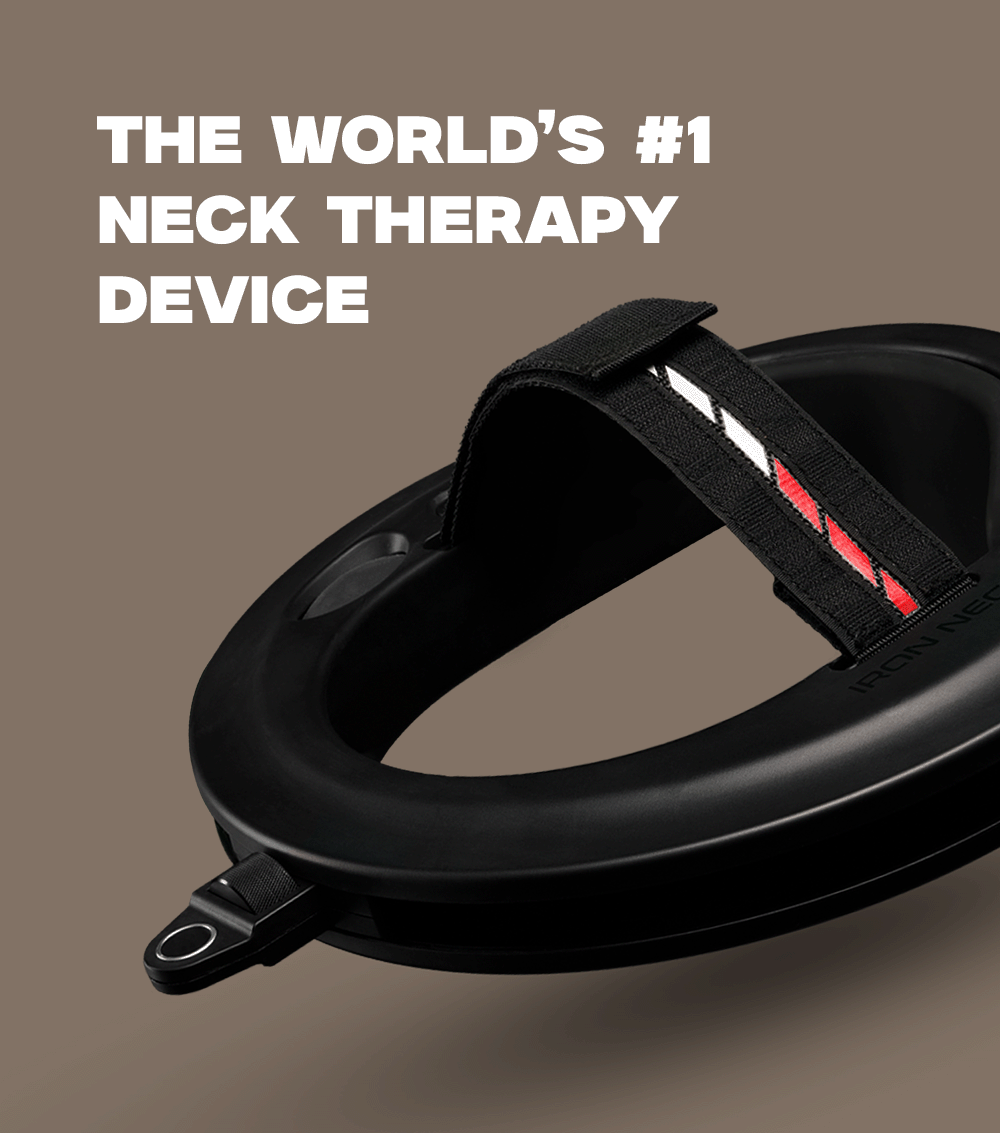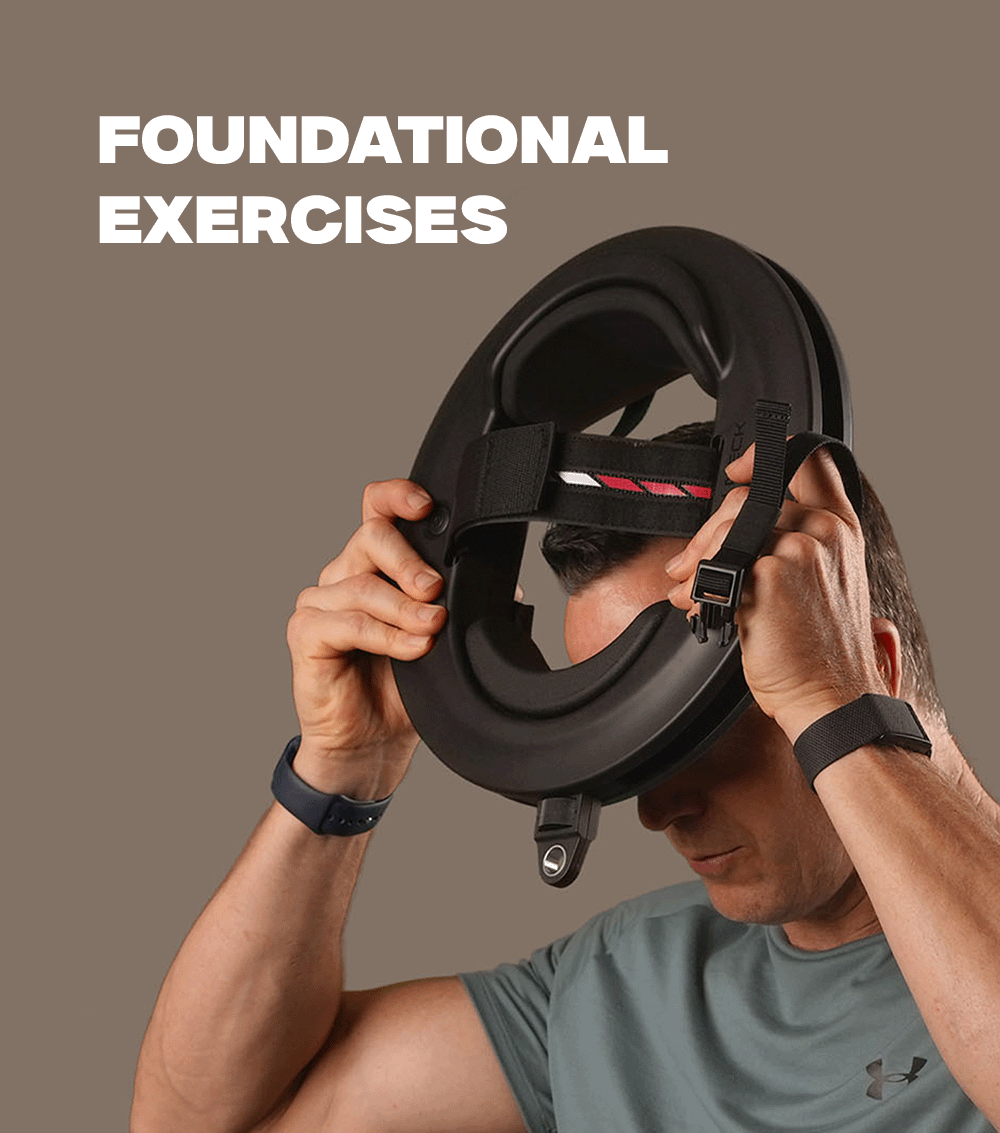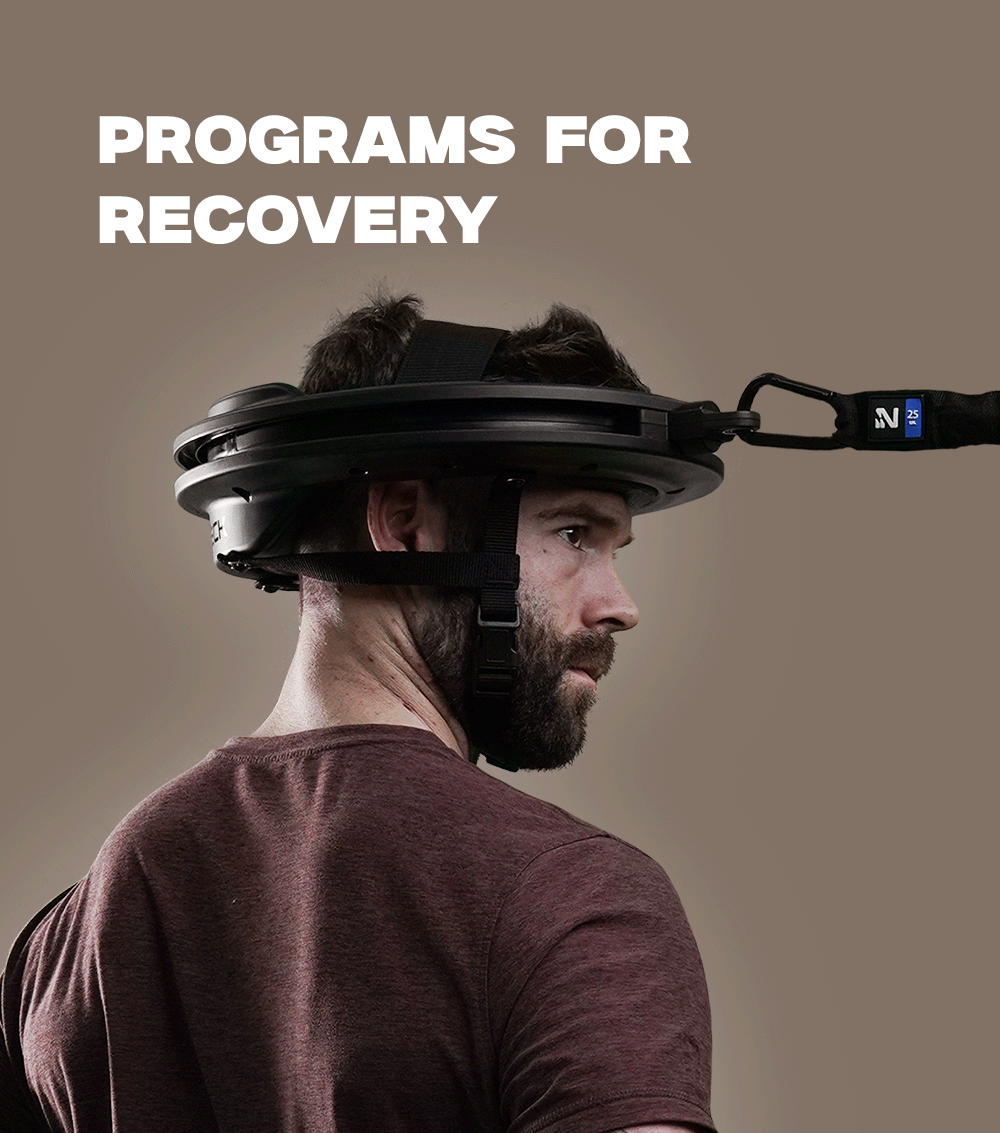If you’ve ever felt a mysterious tightness in your chest, throat, or jaw that comes and goes, there’s a chance it’s not just stress. It could be your vagus nerve - the longest cranial nerve in your body - sending signals that something’s out of balance.
Understanding vagus nerve pain doesn’t require a medical degree. In fact, learning how this nerve works can give you the tools to better manage your own health, reduce pain, and even improve your mood and resilience.
What Is the Vagus Nerve?
The vagus nerve runs from your brainstem all the way down to your abdomen, passing through the heart, lungs, and digestive tract. It's a major player in your parasympathetic nervous system - which controls your body's ability to relax and recover.
When it’s functioning well, you feel calm, focused, and balanced. But when it's irritated or inflamed, it can cause pain, discomfort, or strange symptoms like:
- Chest tightness or palpitations
- Difficulty swallowing or a lump-in-throat sensation
- Pain in the ear, jaw, or face
- Digestive issues like bloating, nausea, or reflux
- Anxiety and brain fog
What Causes Vagus Nerve Pain?
Vagus nerve dysfunction can come from multiple sources. Some of the most common causes include:
- Chronic stress and high cortisol levels
- Poor posture, especially forward head posture or “tech neck”
- Neck injuries like whiplash
- Inflammation from illness or chronic conditions
- Compressed cervical nerves due to muscle imbalances or poor mobility
Because the vagus nerve is so long and complex, identifying the exact cause can be tricky. But addressing the health of your neck and spine is often a smart place to start.
The Link Between Posture, Neck Pain, and the Vagus Nerve
Let’s break it down: when your head is consistently pushed forward - like when you’re looking down at your phone or laptop - it places extra tension on the muscles and joints in your upper spine. Over time, this can irritate the nerves that run alongside the cervical vertebrae, including the vagus nerve.
This is why some people with vagus nerve issues also experience neck stiffness, upper back pain, or headaches. It’s all connected.
How to Calm Vagus Nerve Pain Naturally
The good news? You don’t have to live with vagus nerve discomfort. Here are some simple, science-backed ways to support vagus nerve function and reduce symptoms:
1. Neck Mobility and Strength Training
Improving the mobility and strength of your neck muscles can help reduce nerve compression and restore balance to your spine. Gentle, controlled movements and resistance-based neck training can make a huge difference in posture and nerve health.
2. Cold Exposure
Short bursts of cold - like splashing cold water on your face or ending a shower with 30 seconds of cold - can activate the vagus nerve and increase your body’s relaxation response.
3. Deep Breathing and Diaphragmatic Work
Slow, deep breathing stimulates the vagus nerve and promotes a state of calm. Try breathing in for a count of 4, holding for 4, and exhaling for 6-8 seconds.
4. Singing, Humming, or Gargling
These actions stimulate the muscles at the back of the throat, which are connected to the vagus nerve. It's a simple, daily practice that can bring relief.
5. Neck Alignment and Postural Awareness
Be mindful of how you hold your head throughout the day. Bringing your ears back over your shoulders and stacking your spine properly can reduce mechanical stress on the nerve pathways.
What Equipment Can Help With Vagus Nerve Pain?
You might not be able to undo all the effects of poor posture or stress overnight - but you can absolutely take steps to reduce them.
To get the most out of these neck and posture exercises, it’s worth investing in the right tools.
Iron Neck offers equipment specifically designed to improve neck strength and alignment, including:
- Adjustable neck harnesses
- Variable resistance bands
- And the Iron Neck device, which allows for safe, progressive, 360-degree neck training
These tools are built to help you take control of your spinal health and relieve the muscle tension that contributes to vagus nerve discomfort.
Bottom Line: The vagus nerve plays a central role in your well-being, and when it’s out of balance, your body feels it. By addressing your posture, training your neck, and learning to activate your parasympathetic system, you can feel better, move better, and recover better.








Leave a comment
This site is protected by hCaptcha and the hCaptcha Privacy Policy and Terms of Service apply.